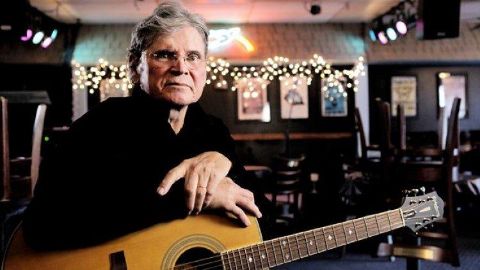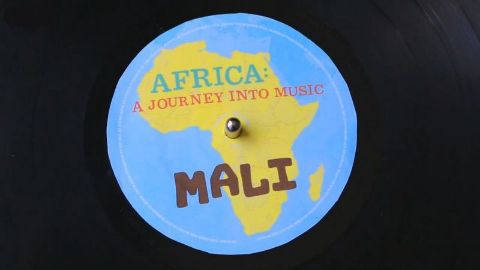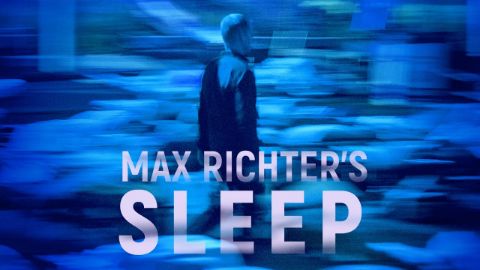Jazz Legends in Their Own Words • 2014
A journey into the BBC archives unearthing glorious performances and candid interviews from the golden age of jazz. Featuring some of the greatest names in American music, including the godfather of New Orleans jazz Louis Armstrong, the King of Swing Count Basie, Duke Ellington, Oscar Peterson, Dizzy Gillespie and Ella Fitzgerald. Broadcasted as part of the Old Masters, Rising Stars: Jazz On BBC Four season, this film unlocks the BBC archives to explore the words and music of some of the greatest names in jazz. The BBC soon moved on from Lord Reith's proclamation, made in the 1930s, that jazz was "a filthy product of modernity", and invited some of the legends from the golden age of American jazz to perform and talk on British television. This film is a series of revealing portraits, from Louis Armstrong, jazz's first great soloist and global ambassador, to Duke Ellington, the ever-suave bandleader and composer who brought a new sophistication and ambition to the music. Count Basie is sheer swing, Dizzy Gillespie provoked a musical revolution with bebop, and Ella Fitzgerald is just incomparable. Through long-forgotten archive and specially shot interviews, Jazz Legends In Their Own Words tells the story of an art form that has been called "America's gift to the world".
Make a donation
Buy a brother a hot coffee? Or a cold beer?
Hope you're finding these documentaries fascinating and eye-opening. It's just me, working hard behind the scenes to bring you this enriching content.
Running and maintaining a website like this takes time and resources. That's why I'm reaching out to you. If you appreciate what I do and would like to support my efforts, would you consider "buying me a coffee"?
Donation addresses
BTC: bc1q8ldskxh4x9qnddhcrgcun8rtvddeldm2a07r2v
ETH: 0x5CCAAA1afc5c5D814129d99277dDb5A979672116
With your donation through , you can show your appreciation and help me keep this project going. Every contribution, no matter how small, makes a significant impact. It goes directly towards covering server costs.





